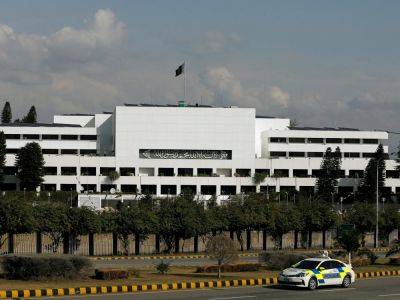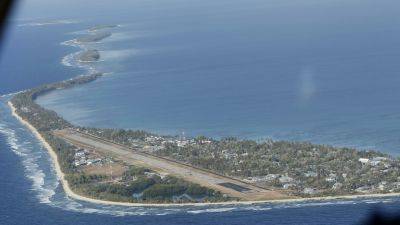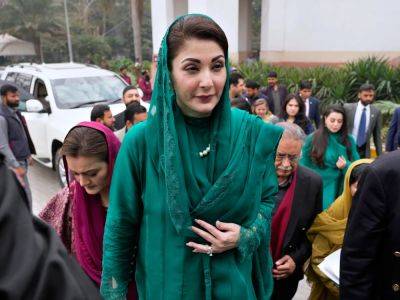Can Pakistan form a new government on split election results?
With election results split three ways, a coalition may be necessary – but much rests on what PTI candidates do next.
Lahore, Pakistan – Two days after Pakistan’s general elections were held, a split mandate has emerged among the big three parties and there is little clarity about who will be able to form a government.
According to the latest tally by the Election Commission of Pakistan (ECP), results from 253 National Assembly constituencies had been announced as of Saturday afternoon, out of a total of 266.
In a shock result, the largest number of seats have gone to independent candidates, of which at least 93 are backed by Pakistan Tehreek-e-Insaf (PTI).
In December last year, the party was stripped of its electoral symbol, the cricket bat, accused of violating laws about holding internal party elections, forcing it to field its candidates as independents.
The Pakistan Muslim League-Nawaz (PMLN), which entered the election as the expected frontrunner, has emerged with the second-largest mandate, with only 71 seats.
In third place is the Pakistan Peoples Party (PPP), which managed to secure 54 seats, 11 more than it gained in the 2018 elections.
With such a split, the big question now rests on who will be able to form a government in Pakistan, a country of 241 million people which has suffered a turbulent two years with political instability, an economy on the verge of default and rising internal security challenges.
With 266 seats up for grabs in the general elections, a simple majority of 134 is required for any one political party to be able to form a government.
Theoretically, however, members of parliament can form a government regardless of their party affiliation.
In the PTI’s case, their affiliated







